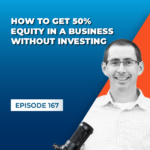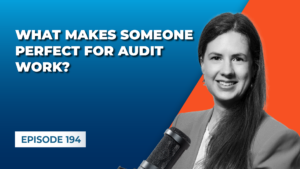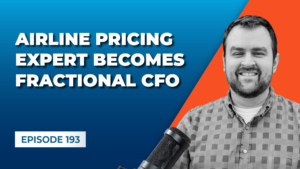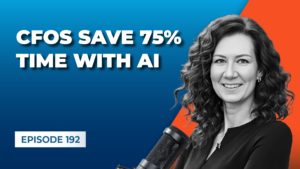James Kennedy sits down with Paul Maskill, the “Blue-Collar CFO,” to unpack how service pros and trades owners can turn a time-for-money job into a sellable, scalable company. From pricing that actually funds growth to partnering for equity, Paul shares the moves he used to grow and exit multiple local businesses (landscaping, electrical, kids’ sports programs) and why home-service companies win by doing “the boring stuff” brilliantly – answer fast, show up, keep promises.
About Paul Maskill
Paul is a fractional CFO and founder of The Blue Collar Advisors. A former bank analyst turned multi-business operator, he has owned, scaled, and sold four local companies before focusing on cashflow, pricing, and systems for trades (HVAC, electrical, plumbing, landscaping, etc.). His mission: help owners sleep well and scale with confidence – without being chained to the truck.
What You’ll Learn
- Build equity while you consult: How a fractional CFO can structure partnerships and phantom equity (and when straight 50/50 makes sense).
- Price to grow, not survive: Why most trades are underpriced; use gross margin targets and revenue-per-employee to fund people, tools, trucks, and software.
- Speed • Quality • Price (pick two): Choose your lane (e.g., speed+quality premium service) and align ops, scheduling, and staffing to deliver it.
- From solopreneur to company: The $300k–$400k “capacity ceiling,” when to hire, and how to keep profit while adding techs.
- Customer experience as a moat: Simple habits that print 5-star reviews – call immediately, set expectations, do what you said, every time.
- De-risking partnerships: Vision alignment, test projects before equity, and avoiding earn-out traps that stall momentum.
Episode Highlights
- “There are 75–100 expenses just to show up at a house. If your price doesn’t cover that, you can’t keep promises.”
- “Most founders get stuck at ~$300k because they’re still selling time. Companies scale when pricing funds systems and people.”
- “Compete on speed and quality and charge accordingly – being the cheapest is a race to the bottom.”
- “Before equity, work together first. Prove value, then paper the deal.”
More About Paul’s Work
At The Blue Collar Advisors, Paul builds cashflow clarity and simple operating rhythms: pricing calculators, gross-margin scoreboards, weekly cash reviews, and hiring plans tied to revenue per employee. He helps founders choose a strategy (premium/fast vs. economy), then installs the numbers and processes to make it real.




